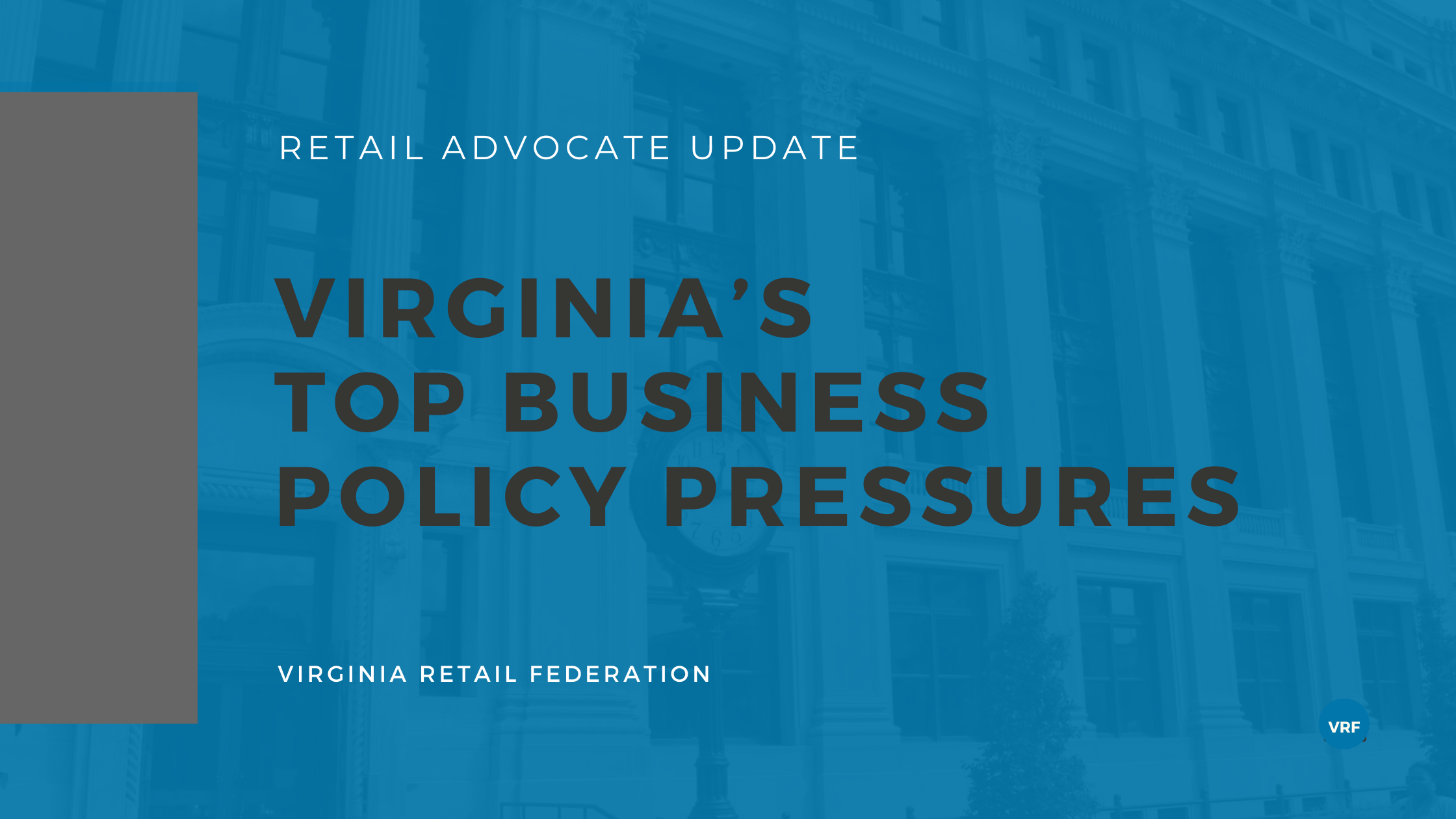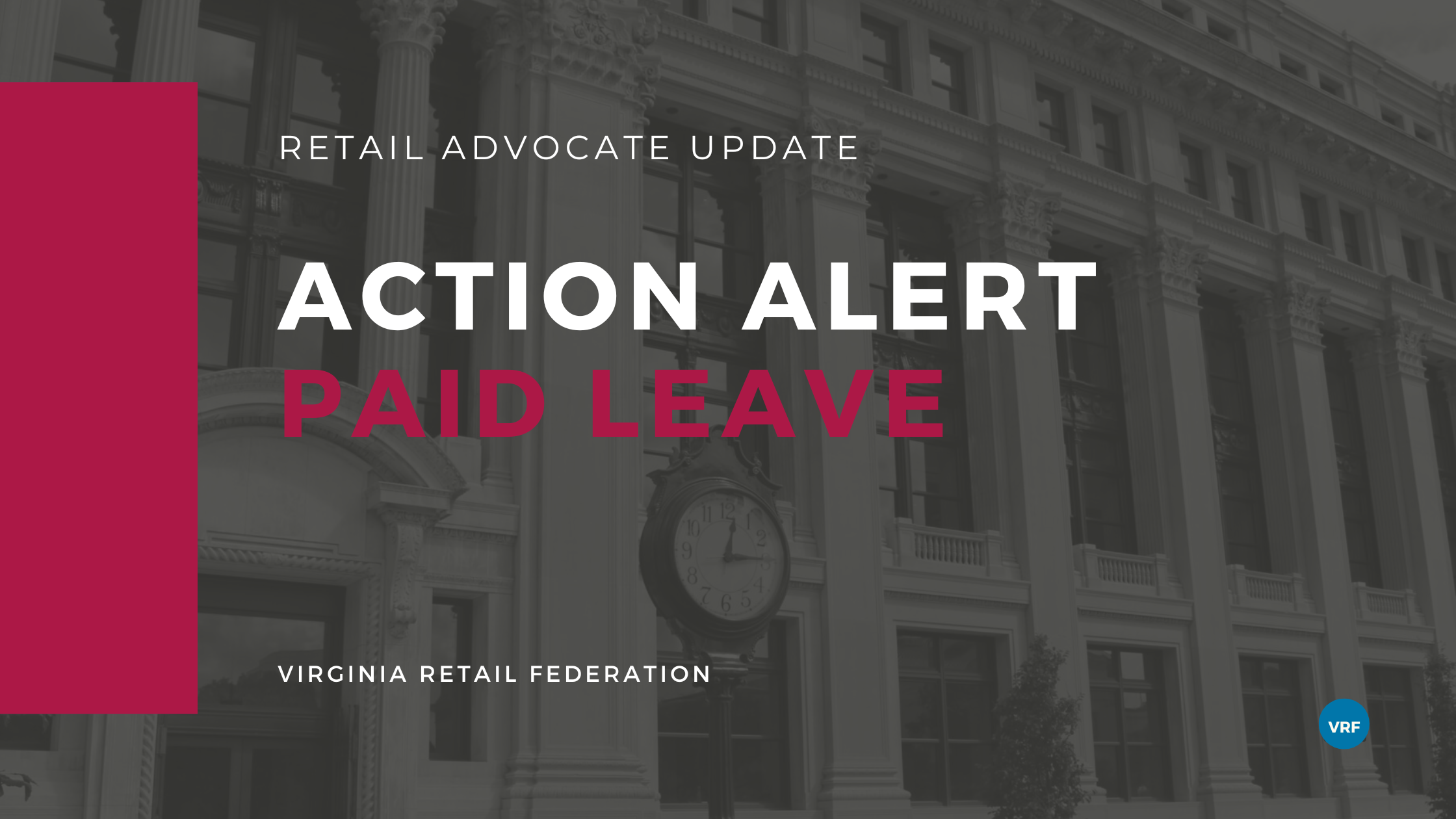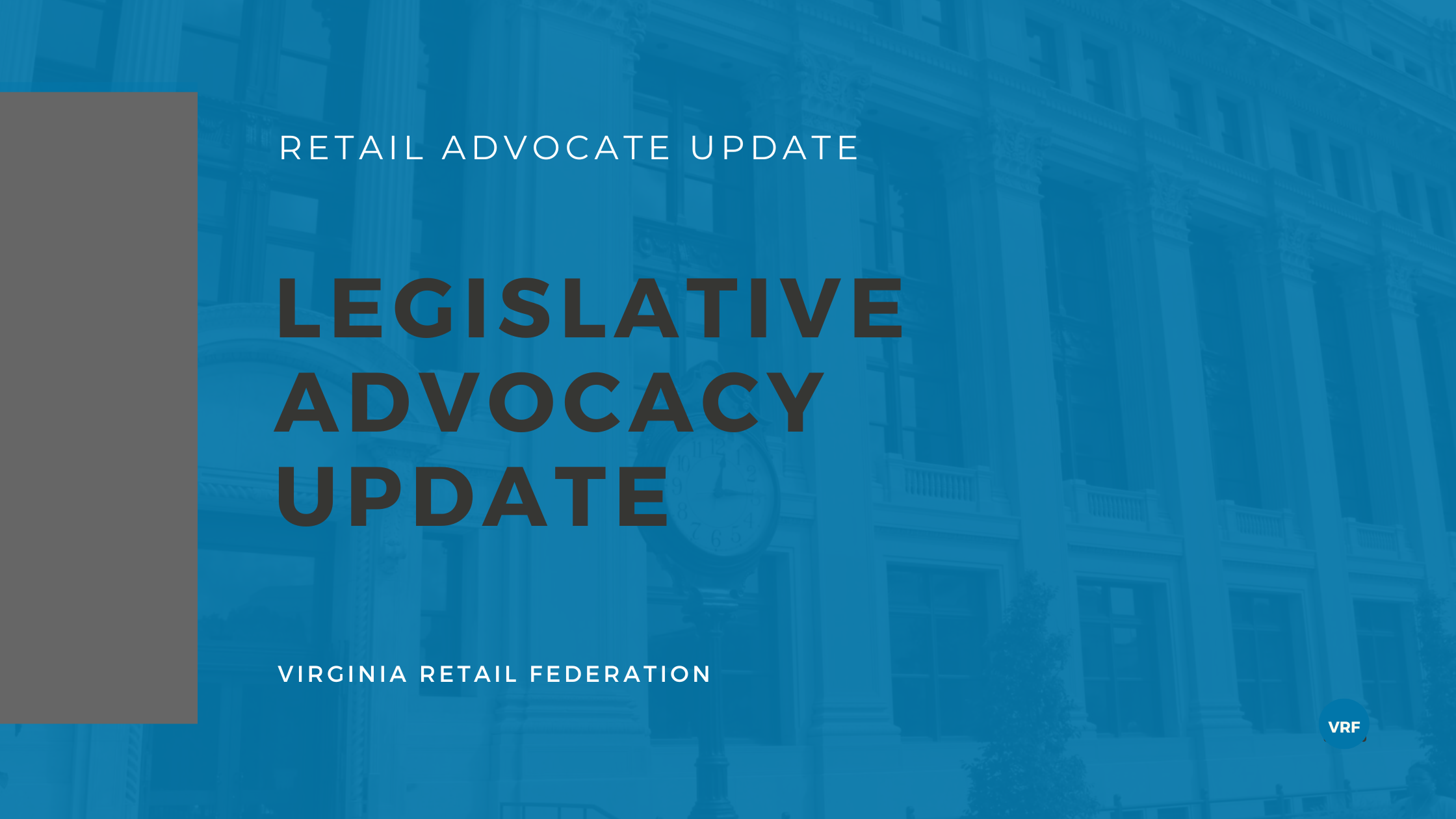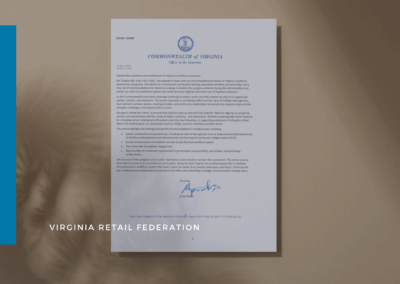As part of our series on the top policy pressures shaping Virginia’s business climate, we’re looking at proposed changes to workers’ compensation. These bills would expand coverage, increase benefits, and shorten employer response times — all of which could add costs and complexity for businesses.
Overview
In the 2025 General Assembly, legislators introduced 67 workers’ compensation bills. Only five advanced far enough to track closely and impacted businesses, but together they highlight a clear trend: efforts to expand coverage, speed up decision-making, and increase benefits.
While none of these bills ultimately became law, they signal where future policy debates are headed. For employers, that means now is the time to understand the potential impacts and prepare.

The bills we tracked
Expanding coverage to repetitive stress injuries
Three Senate bills (SB 520, SB 788, SB 803) would have broadened the definition of “occupational disease” to include injuries from repetitive tasks—such as lifting, typing, or long-term exposure to vibration—if workplace activity is the primary cause.
Adjusting death benefits and burial allowances
SB 1299 would have updated how death benefits are distributed if a worker passes away on the job and increased burial expense allowances up to $15,000.
Faster decisions on medical treatment
HB 1749 would have required employers and insurers to approve or deny a treatment request within 45 days. If no decision was made, the Workers’ Compensation Commission could order the care directly.

The common theme
Across these bills, the goal was to:
- Broaden the kinds of injuries that qualify for coverage
- Shorten the timelines for employers to respond
- Expand financial obligations in the event of a fatality

What this could mean for businesses
- More claims could be accepted. Jobs that involve repetitive or sustained motions—even in retail, hospitality, or office settings—could qualify for coverage.
- Less time to respond. A 45-day approval window would require tighter internal processes for handling treatment requests.
- Higher costs in rare but serious cases. Burial and death benefits could increase, which especially affects businesses in industries where physical labor or higher-risk activities are part of the work.

Balancing business realities and human impact
Workers’ compensation exists to protect employees when the unexpected happens. Serious injuries or fatalities are tragic for everyone involved. For employers, beyond the human toll, these situations can also create financial exposure that is important to plan for.
By understanding the direction of proposed legislation, businesses can take proactive steps now to:
- Review tasks and roles with repetitive or physical stressors
- Document safety practices and training
- Establish clear internal workflows for responding to claims
- Consult with insurance carriers to understand how changes could affect coverage and premiums

Why this matters now
Although the bills failed in 2025, the ideas behind them are likely to return in future sessions. With elections approaching, it’s important to know where candidates stand—whether Virginia should expand workers’ compensation coverage further, and how quickly employers should be required to respond.
For businesses, staying informed and planning ahead means you’ll be ready to navigate whatever direction policymakers choose.
This article is part of our series on the top policy pressures shaping Virginia’s business climate. Follow along as we continue to break down what these changes could mean for your business.




